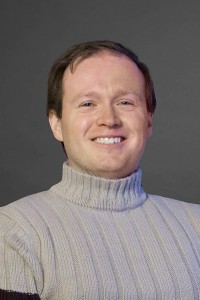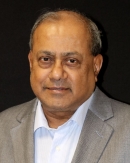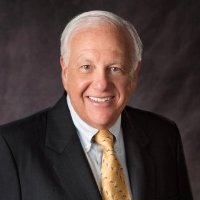
A consultant has admitted to plagiarizing a U.S. Air Force officer in a paper on leadership, and says his company is now in jeopardy of losing top clients, including Fortune 100 companies.
On Tuesday, we reported allegations that Thomas Mattus, president of the project management consulting firm Successful Strategies International (SSI), plagiarized in a 2012 paper he wrote for a conference run by the Project Management Institute (PMI). The article he plagiarized, on the topic of “transformational leadership,” was written in 2001 by Col. Mark Homrig, now a section chief at the U.S. Department of Homeland Security.
Mattus, who had not previously replied to our request for comment, has now admitted to copying Homrig’s article. He told us: Continue reading Consultant admits to plagiarizing Air Force colonel’s paper on leadership


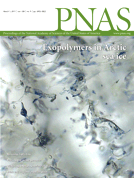

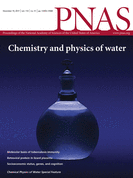 In 2016, researchers at Oregon State University published a paper in
In 2016, researchers at Oregon State University published a paper in 